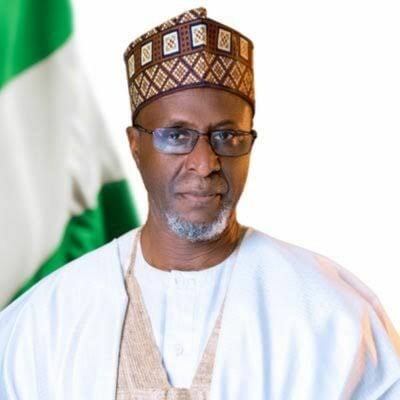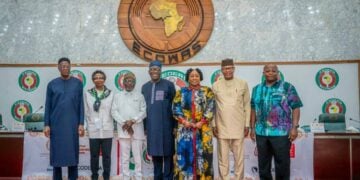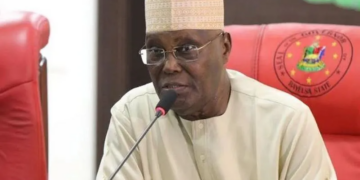The Federal Ministry of Environment has validated the Green Women Platform in Abuja to give women a voice in governance, climate action and access to economic opportunities in reforestation and sustainable agriculture.
The minister of environment, Balarabe Abbas Lawal in his keynote address at the Green Women Platform Validation Workshop, organised by the National Agency for the Great Green Wall (NAGGW) yesterday, revealed that the Platform presents a significant opportunity for Nigeria and the Pan-African Great Green Wall initiative to move from concept to actions that place women at the center of environmental restoration, climate resilience, and sustainable development.
Lawal said Green Women Platform was not merely a programme but a movement for empowerment, advocacy, and transformation. He said it provided a space for Nigerian women to take ownership of solutions affecting their lives, families, and communities.
“Through this platform, women will not only have a voice in governance and decision-making around land use, natural resources, and climate action, but they will also gain access to economic opportunities in areas such as reforestation, renewable energy, sustainable agriculture, and green enterprises,” she added.
“The validation of this platform must not be seen as another routine exercise. It must mark the beginning of concrete actions that restore degraded lands, create jobs, empower women and youth, and build resilient communities. By doing so, we are affirming that Nigerian women are not simply victims of climate change, but leaders of climate solutions. They are not passive beneficiaries, but innovators and decision-makers. They are not on the sidelines, but at the very center of the Great Green Wall”, the minister said.
Earlier, the director general and chief executive officer of the NAGGW, Saleh Abubakar, said that the Green Women Platform is a unique innovation of the Pan-African Great Green Wall, designed to place women at the centre of the fight against desertification, climate change, land degradation and livelihood.
Abubakar explained that in Nigeria, women are not only custodians of the land but also agents of transformation within their communities.
He added that the validation workshop will allow them to finalize the green women platform’s national framework, define its governance structures, and agree on a practical two-year action plan to guide implementation.





